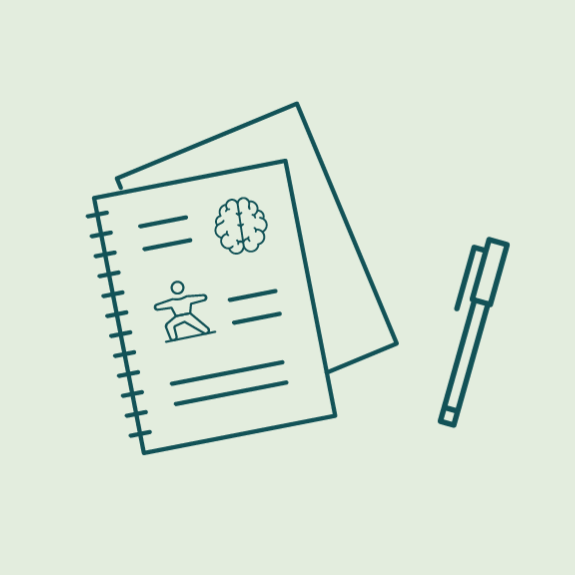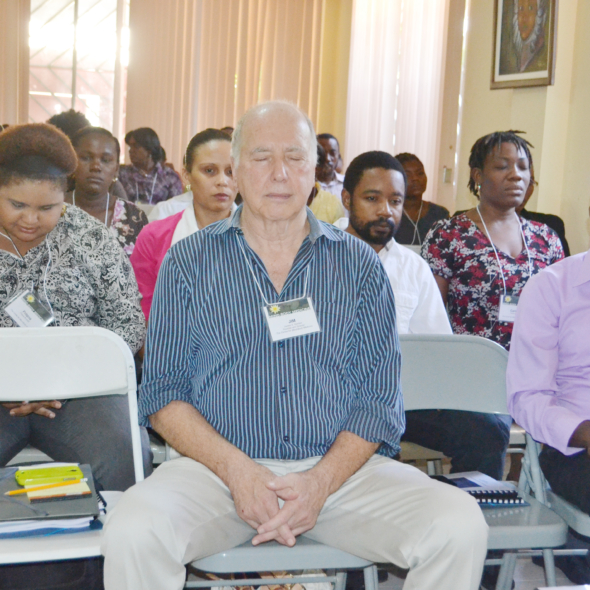What is trauma?
When we experience a traumatic event, the brain does what it takes to help the body survive and the mind adjust. At the sign of danger or stress, we automatically enter “fight or flight” mode or experience the “freeze response.” These immediate responses are supposed to come and go quickly, giving us a chance to heal, reintegrate, and rest. But sometimes, we get “stuck” in survival mode.
What is chronic stress?
It’s not just trauma that can trigger our survival responses. Our bodies can perceive modern day stressors as threats, activating the same stress response that we experience in the face of trauma. When we live in a prolonged state of activation, chronic stress and burnout occurs, and our health can suffer.
What does it feel like to live with trauma or chronic stress?
Living with overwhelming or chronic stress can leave us feeling sick and tired–mentally, physically, and spiritually. Stress can disrupt every physiological function. It contributes to every major psychological and physical disorder: heart disease, immune disorders and pain syndromes, as well as depression, post-traumatic stress disorder, alcoholism, and drug addiction. People who are chronically stressed often find themselves feeling isolated and lonely.
How can we heal from trauma and stress?
All of us have the capacity to begin to heal our trauma and relieve chronic stress. Using practical, evidence-based skills for self-care, nutrition, self-awareness, and group support, anyone can leverage the power of the mind-body connection and take an active role in our ongoing healing.
Want to learn more? Browse our free mind-body resources, join an upcoming Mind-Body Skills Group, or explore upcoming workshops and trainings.
Learn evidence-based techniques to heal trauma and stress
Explore mind-body resources
Our vast library of resources created by CMBM Faculty and Staff is a great introduction to our model of self-care and group support.
Register for an upcoming training
Learn to address and treat trauma on an individual or institutional level in one of our training programs.
Take a breather
Need a moment to destress? Join us in a short Soft-Belly Breathing practice guided by our Founder and CEO, James S. Gordon, MD.





